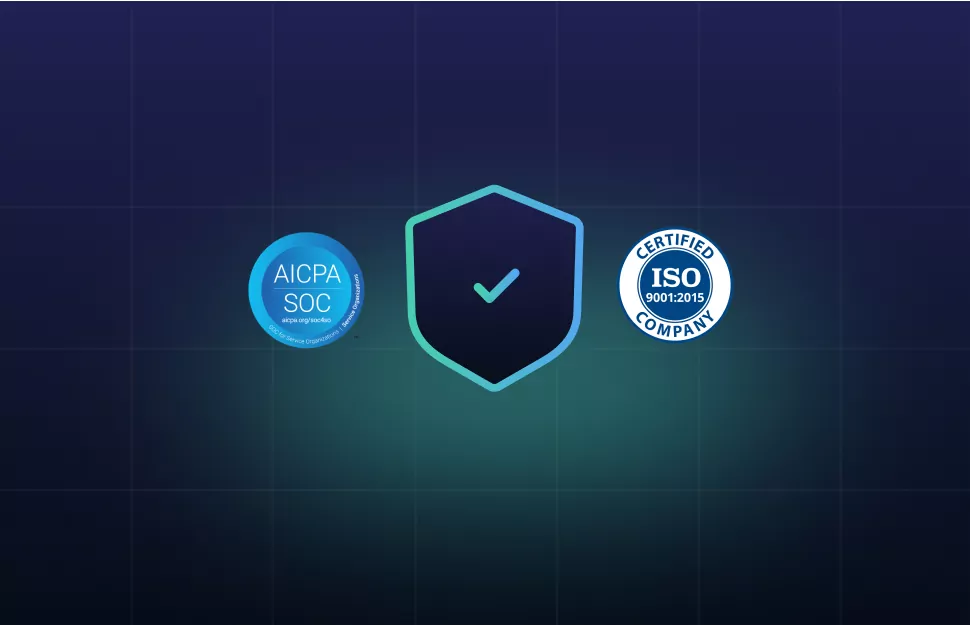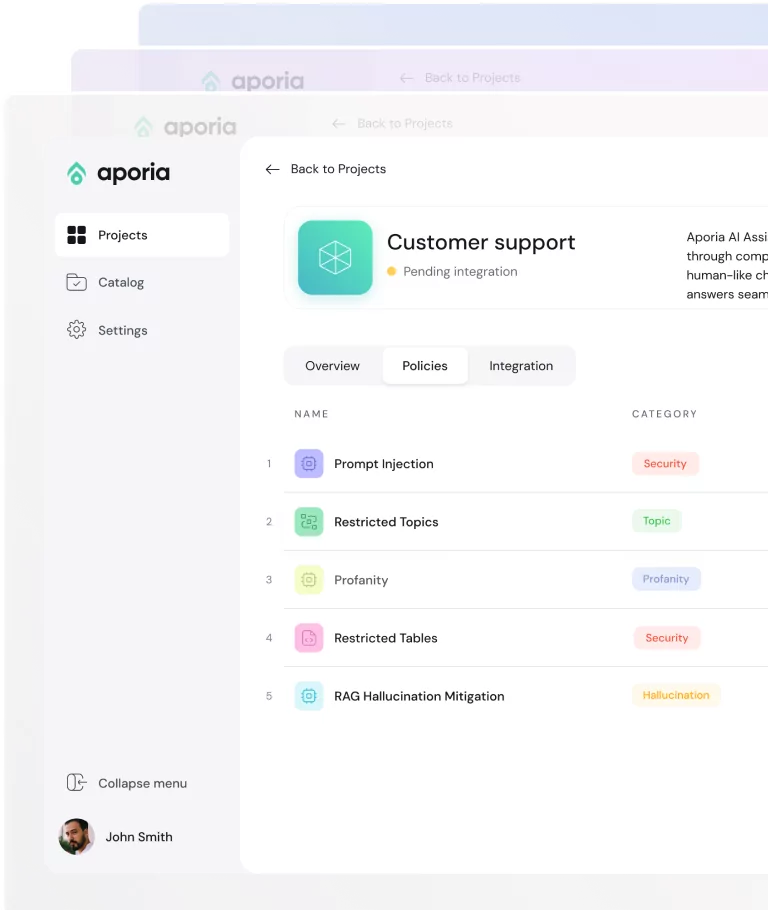Navigating the EU Artificial Intelligence Act
The EU AI act is the world’s first concrete initiative for regulating AI, with the aim to ensure that AI systems in the EU are safe and respect fundamental rights and values.
Understanding the EU AI Act
The EU AI Act is a pioneering legislative framework designed to regulate artificial intelligence across the European Union. Its primary aim is to ensure AI technologies are developed and used in a way that is safe, ethical, and respects fundamental rights. Key highlights include the categorization of AI systems based on their risk levels, from minimal to unacceptable risks, with specific emphasis on privacy and security in AI. This Act is a response to the growing integration of AI in various sectors and its potential impacts on individuals’ rights and societal norms.
The Act mandates strict compliance requirements for high-risk AI systems, focusing on transparency, data governance, human oversight, and robustness. It underscores the EU’s commitment to setting a global standard for AI regulation, ensuring that AI systems do not compromise individual privacy, data security, or lead to discrimination. Organizations deploying AI technologies in the EU, or affecting EU citizens, will need to adhere to these regulations, regardless of where they are based.
Some risks of Non-Compliance
Fines are scaled based on the severity of non-compliance, with specific caps for SMEs and startups to ensure fairness. Here are a couple of fines you may be at risk of paying due to non-compliance:
Up to 35 million EUR
or up to 7% of total worldwide annual turnover for non-compliance for the preceding financial year, due to non-compliance with the with the prohibition AI practices as stated in Article 5.
Up to 15 million EUR
or if the offender is an undertaking, up to 3% of total worldwide annual turnover for the preceding financial year, due to non compliance related to operators or notified bodies, other than those laid down in Article 5.
Preparing for the EU AI Act: Essential steps for compliance
Choose from one of the two options below to integrate Aporia into your AI.
- Proactively prevent accidental exposure of business strategies and confidential information.
- Keeps your AI in line with privacy laws and regulations, dodging legal headaches.
Perform detailed AI risk and conformity assessments:
Initiate with a thorough risk assessment of your AI systems to gauge associated risks. Follow this by conducting conformity assessments to verify that your systems meet EU standards, either through self-assessment against EU-approved technical standards or via evaluation by an accredited body within the EU. This dual approach ensures that your AI deployments are in strict compliance from the outset.
Adopt rigorous documentation and transparency practices:
Initiate with a thorough risk assessment of your AI systems to gauge associated risks. Follow this by conducting conformity assessments to verify that your systems meet EU standards, either through self-assessment against EU-approved technical standards or via evaluation by an accredited body within the EU. This dual approach ensures that your AI deployments are in strict compliance from the outset.
Aporia supports your compliance with the EU AI Act:
Designed to help enterprises of any size deploy safe and trustworthy AI apps.

Tailored AI compliance at scale:
Cloud or custom deployment so your data never leaves.

Proactive AI security and risk mitigation:
Battle-tested by Red Teaming to ensure highest standards are met.

Simplified compliance enhanced trust:
Aporia is HIPAA, SOC 2, Pentest and GDPR certified.
Fits right in your workflow
Aporia's Guardrails work seamlessly alongside your other systems and applications.
Application layer
InterfaceVector DB
Vector DBModel
Language processor